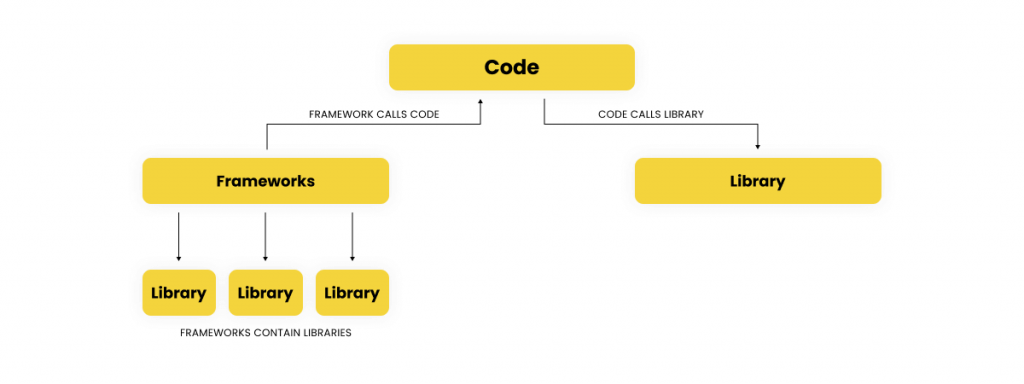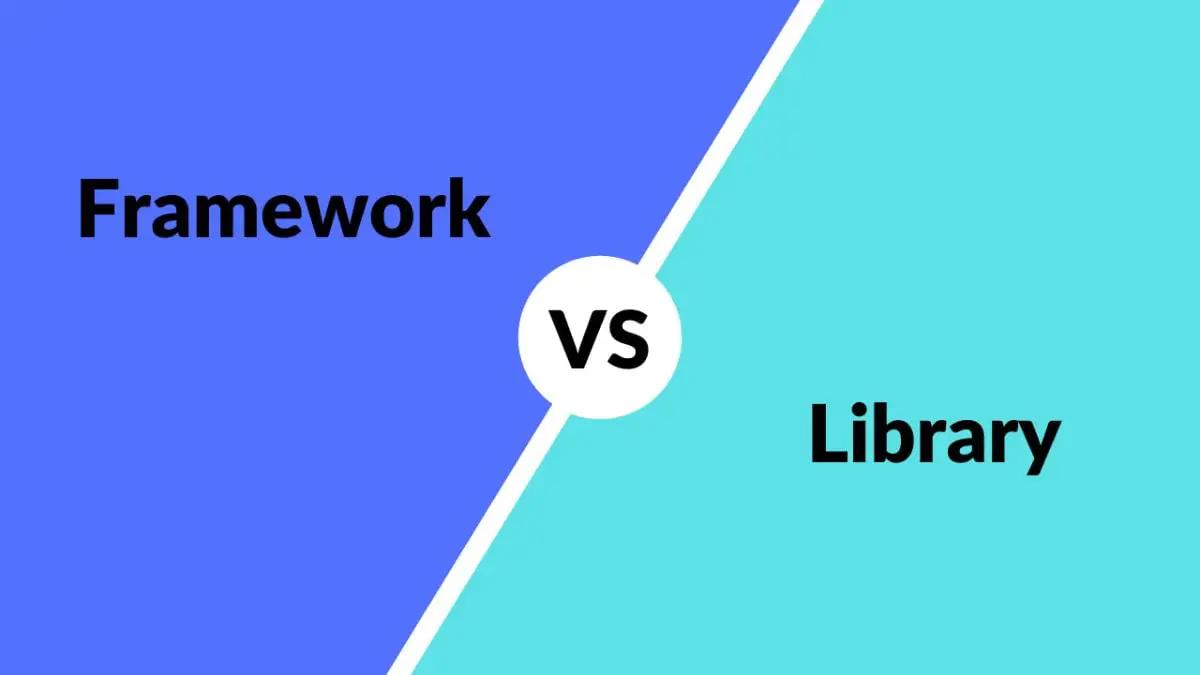Framework VS Library
Library and a framework are both software components that help developers build web applications.

Blog post by Khubaibul Islam Shakib- Published at 4/15/2023
In web development, a library and a framework are both software components that help developers build web applications. However, they have distinct differences in terms of their functionality and usage.
Library
A library is a collection of pre-written code that provides developers with specific functionality to use in their projects. Libraries are typically designed to be reusable and modular, and they can be integrated into an application to provide specific functionality. Developers can use a library in a web application by calling its functions or methods to perform a specific task. Examples of popular web development libraries include jQuery, React, and Vue.js.

Framework
A framework, on the other hand, is a complete software solution that provides developers with a pre-defined structure and set of rules for building an application. Frameworks are designed to make it easier for developers to build complex applications by providing a set of tools, libraries, and conventions that standardize the development process. With a framework, developers can quickly build an application by following its structure and using its pre-built components. Examples of popular web development frameworks include Ruby on Rails, Django, and Laravel.
Summary
In summary, libraries provide specific functionality that can be integrated into an application, while frameworks provide a complete solution with pre-defined structure and rules for building an application.



